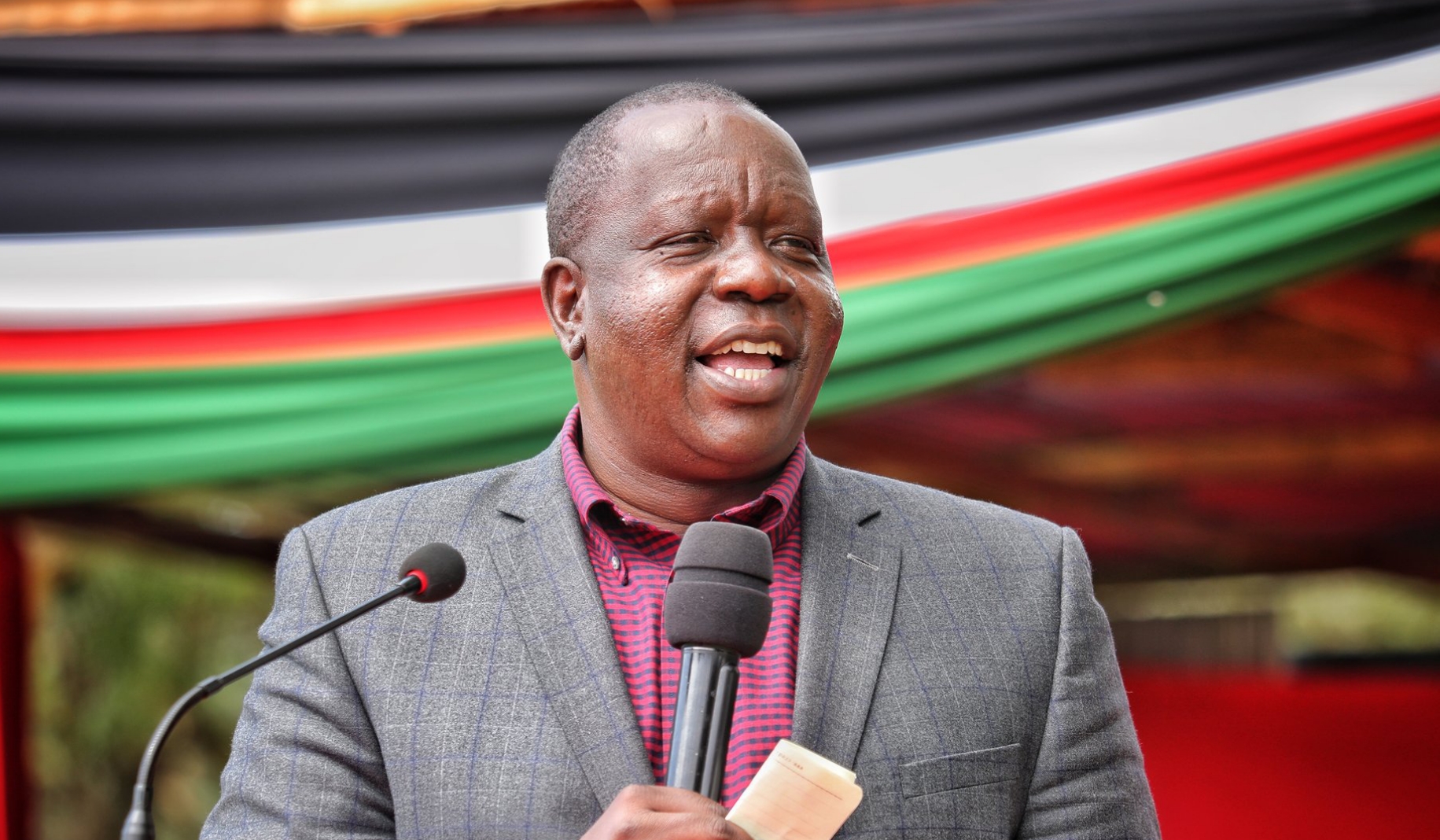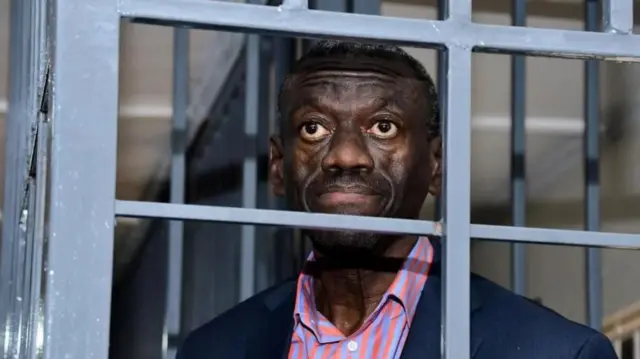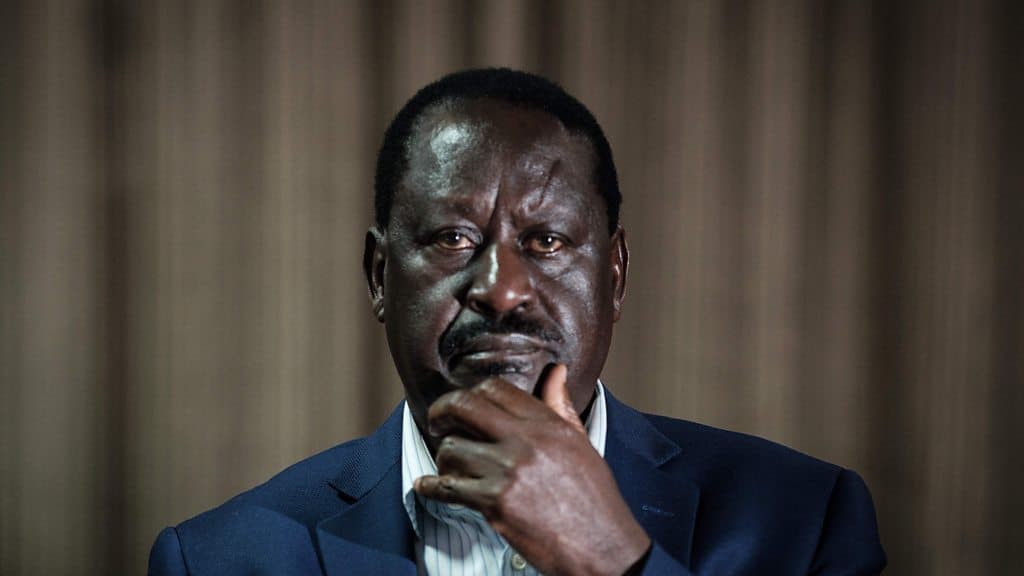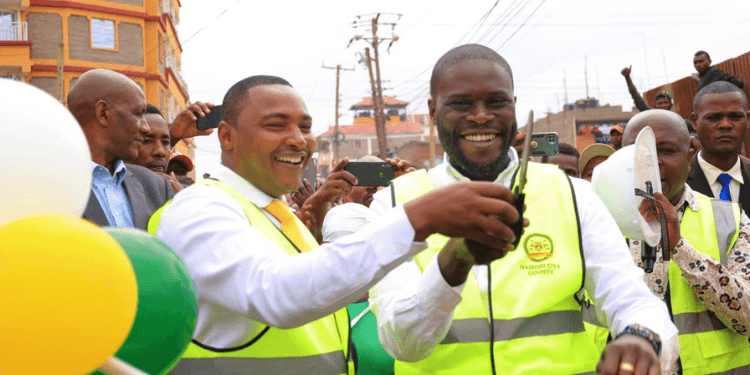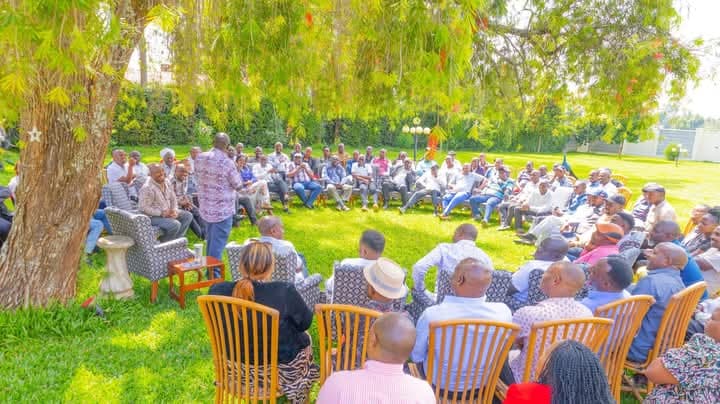Kenya’s 2027 General election is shaping up as a battleground between different contenders determined to oust President William Ruto from the house on the hill.
Nearly three years into his presidency, Mr. Ruto faces mounting headwinds that threaten to derail his administration as the country grapples with economic, political and social pressures.
Discontent, first sparked by protests against the Finance Bill of 2024, has resurfaced amid widespread distrust and anger. This has seen several candidates declare interest to unseat the incumbent.
Once celebrated for reforms as Cabinet Secretary in the Education and Interior Ministry's during Uhuru's Presidency, Fred Matiang’i intends to throw his hat into the ring for the presidency.
On Friday, Matiang'i launched a series of nationwide meetings from his home region of Kisii and Nyamira counties, to rally regional and national support for his bid. “Our country is in a deep crisis. It needs an honest, just, bold and fearless leader,” he told supporters.
Addressing a rally at Gusii Stadium on May 2, 2025, Matiang’i stated that he is ready to run for the presidency, saying Kenya needs urgent fixing. He announced that he had finally decided to pursue the country’s top seat following numerous requests from Kenyans.
“I am ready to be President of Kenya,” Matiang’i declared as the crowd erupted in cheers.
He announced that he would now resign from his World Bank assignment and officially begin his 2027 presidential bid.
“You have asked me to come and serve this country. Do you want me to leave that job and come back to serve you? I will now resign officially, with respect, and come back to Kenya to serve my country,” he said.
The former CS acknowledged Kenya’s many challenges, saying that, as he had shown before, he could deliver a better Kenya if elected President.
“As you know, I have no problem executing any job, whether at night or during the day — that won’t be a problem,” he said, urging the Gusii community to register as voters ahead of 2027. "Kenya has challenges, but I want to ask you not to lose hope in our country. We are a nation built on resilience. Let’s join hands, and when the time comes, we will fix and make our country better.” he added.
Matiang'i's declaration ended speculations about his 2027 political plans. It also adds to a fresh headache for President William Ruto and the Kenya-kwanza administration's re-election bid.
Matiang'i gained prominence due to a series of reforms he implemented across various governmental departments, particularly in the education sector, where he restored order and integrity.
He was born in Borabu, Nyamira District, Kenya. Matiangi earned his Bachelor’s degree in Education from Kenyatta University and later pursued a Master’s degree in English from the University of Nairobi. He also holds a PhD in Communication and Comparative Literature from the University of Nairobi.
Before his appointment as a Cabinet Minister in 2013 by President Uhuru Kenyatta, Matiangi worked as the Eastern Africa Regional Representative for the Centre for International Development, Rockefeller College of Public Affairs and Policy, at the State University of New York.
He has also held various research and program implementation roles with both local and international organisations.
Additionally, he has consulted for notable entities including the World Bank, the Commonwealth Parliamentary Association, the Inter-Parliamentary Union, and the United Nations Development Programme. Furthermore, he served as a lecturer at both the University of Nairobi and Kenyatta University.
On April 23, 2013, Matiangi was appointed as the Cabinet Secretary for Information, Communication, and Technology.
During his tenure as ICT Minister, he oversaw Kenya’s transition from analog to digital broadcasting, significantly enhancing the quality and accessibility of television services. He also led initiatives to improve ICT infrastructure, including the expansion of fibre optic networks, which bolstered internet connectivity throughout the country.
Later, President Kenyatta appointed him to the Ministry of Education. As Education Cabinet Secretary, he implemented measures to combat cheating and other malpractices in national examinations, including enhanced security protocols and the timely release of exam results.
He was also responsible for the development and implementation of the Competency-Based Curriculum (CBC), which emphasises equipping students with practical skills and knowledge relevant to the job market.
In January 2018, he was appointed as the Cabinet Secretary for Interior and Coordination of National Government, a position he held until 2022 after the August general elections.
